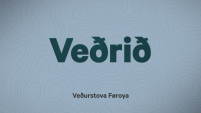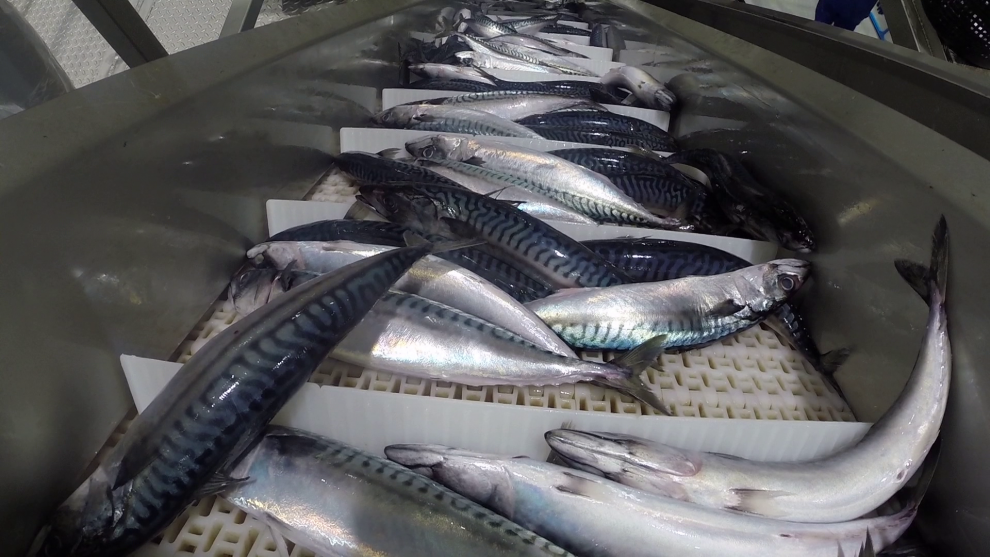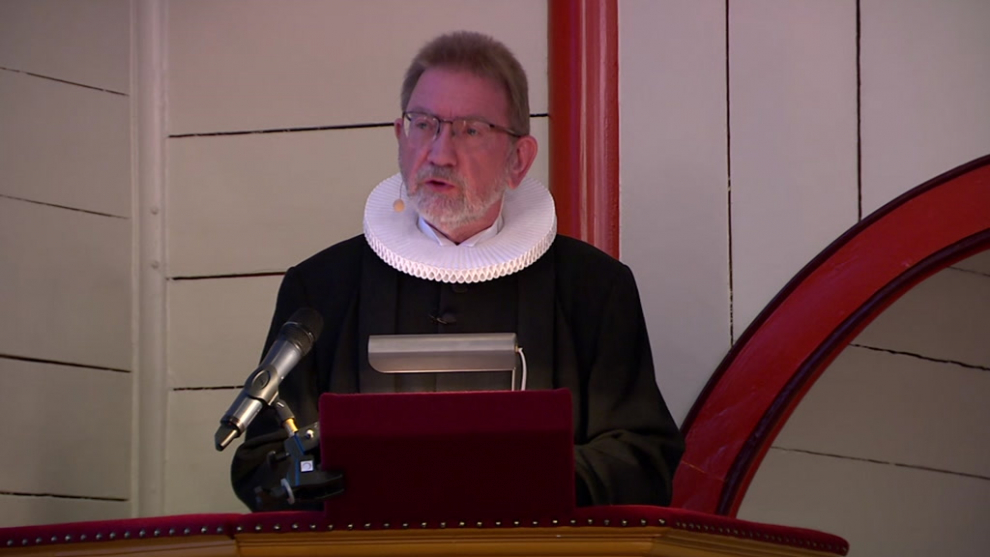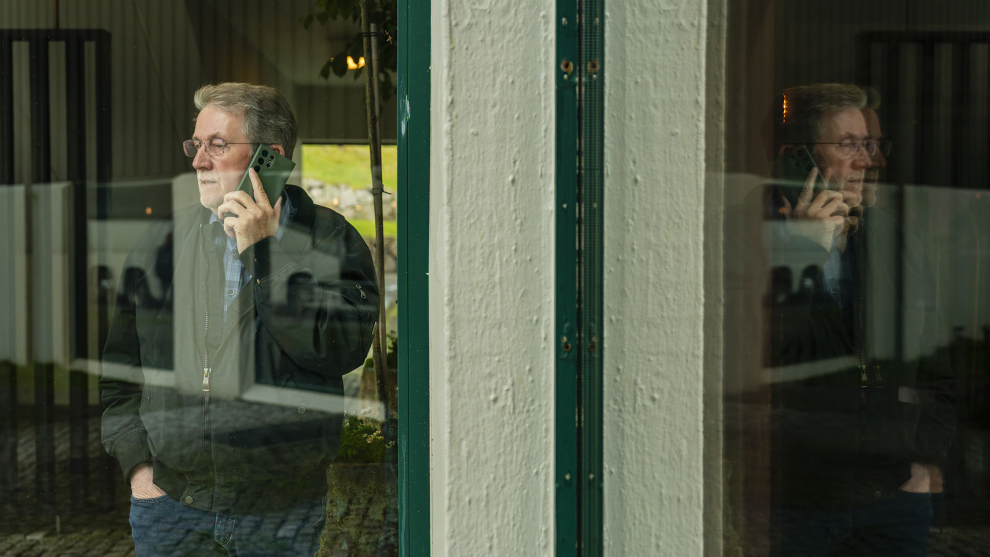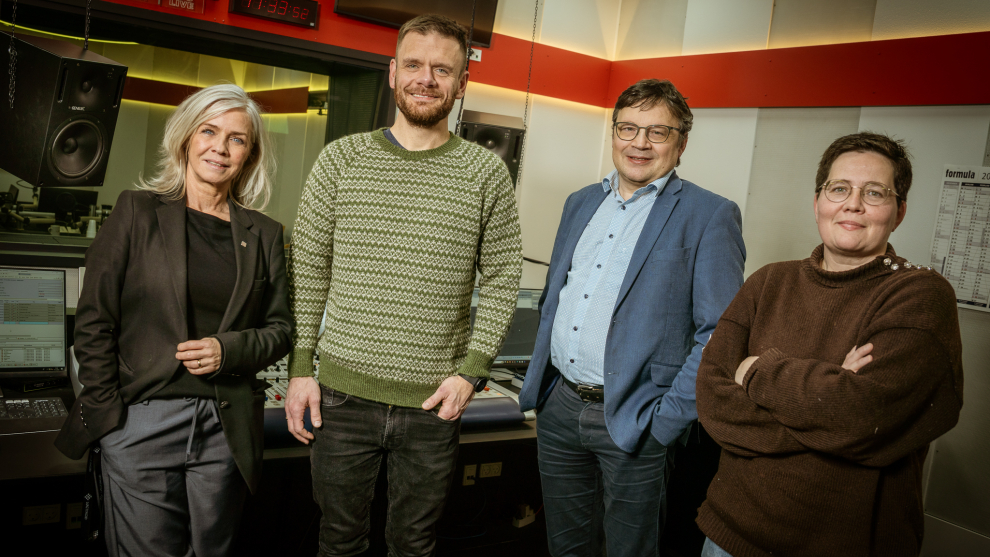
- Tíðindi, mentan og ítróttur
Immigrant women and domestic abuse – then and now
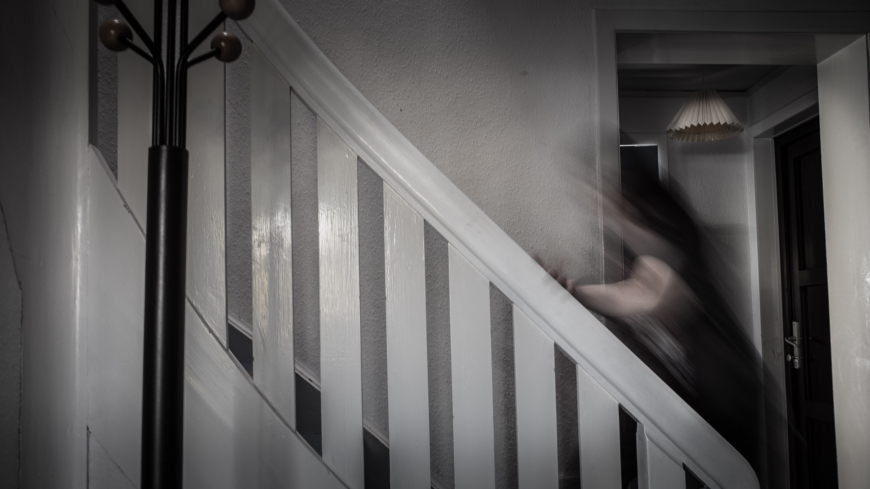
The Faroes only have one dedicated refuge for women who suffer from domestic abuse.
The women’s refuge in Tórshavn functions as a dual service: a crisis centre and an advisory service.
On average, 70 percent of the women receiving help at the crisis centre have a non-Faroese background. Conversely, about 85 percent of the women seeking support from the advisory service are Faroese.
>> SEE ALSO Efforts to reduce violence against women are paying off
Women’s refuge manager Eyðvør Tausen Olsen says there are many reasons behind these opposing statistics.
“Faroese women have a larger social network, which makes it easier for them to seek help from family and friends,” she explains.
“Faroese women also tend to find it easier to report domestic abuse. In our experience, many women with a non-Faroese background consider only physical violence, not psychological abuse, as domestic abuse. This sometimes means they don’t contact us until they suffer actual physical injuries.”
>> SEE ALSO Alcohol-related domestic violence on the rise
Many immigrant women struggle with the Faroese language, and many do not know their rights in the Faroes. This, Olsen explains, contributes greatly to their vulnerability.
She has seen numerous examples of foreign women staying in abusive marriages because they worry that a divorce may negatively affect their legal rights in the country.
“The more these women learn about the Faroese language and society, the less vulnerable they will be,” she says.
“Part of this responsibility lies with the individual, but the national authorities do have a duty to properly inform all immigrants about their rights and duties.”
>> SEE ALSO Report describes struggles of non-western women
Elin Reinert Planck, who headed the women’s refuge from 1994 to 2019, says that while the latest statistics are concerning, conditions for immigrant women have improved significantly in recent years.
“Language barriers were bigger back then than they are now. Many of the Faroese men spoke no English and the women did not speak Faroese, so in many ways these relationships were doomed to fail from the start,” she explains.
“Many of the women who came here to marry a Faroese man had no social network. In many cases, it was their employer or their neighbour who contacted us on the woman’s behalf.”
Today, she adds, women coming from abroad are generally much better informed about their rights. The growing number of immigrants in recent years has made it easier for immigrant women to build social networks in which they can talk to other women about their rights and duties.
>> SEE ALSO Almost one in four has suffered sexual assault
Planck agrees with Olsen that better integration would make immigrant women less vulnerable to domestic abuse.
“Mandatory Faroese language classes would go a long way in this respect,” she says.
“Not only is some degree of language proficiency crucial for successful integration, but mandatory language classes would also be of great benefit to immigrant women whose abusive husbands do not allow them to go out and socialise.”
Watch the Faroese version of this article here (05.58 - 16.28).
Translated by prosa.fo.
More Faroese News in English.








